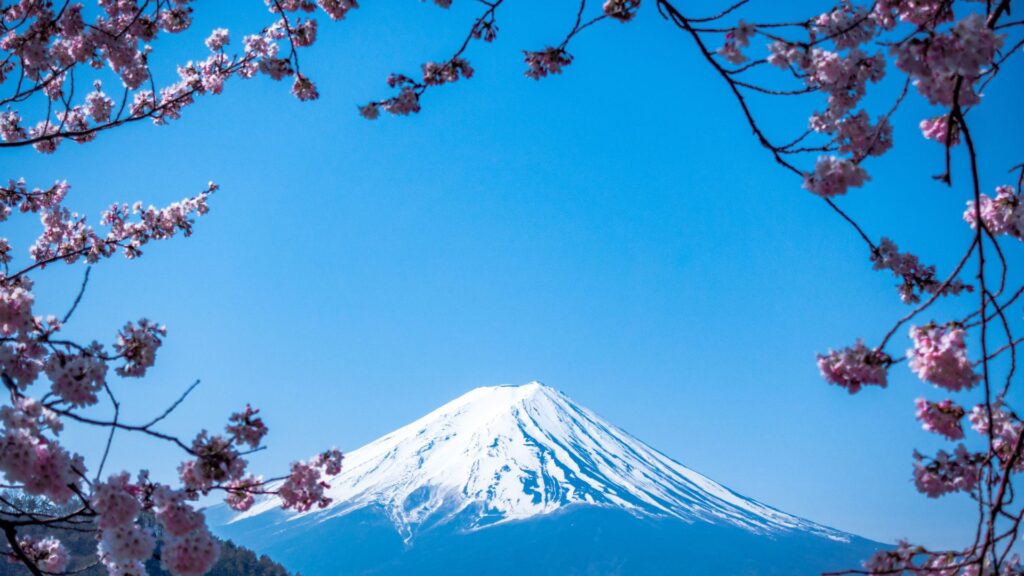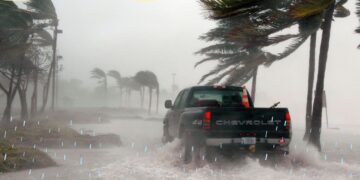Japan has officially reopened for international visitors, but there are still many regulations in place. Here’s what you need to know…

Japan visits now possible
If you have booked an approved packaged tour since 10 June, then the island nation of Japan will now welcome you back to it’s shores. This, however, is just the tip of the ‘regulation iceberg’, as there are still many caps and restrictions in places.
According to Travel News, Japanese Prime Minister, Fumio Kishida has set a daily cap on the number of visitor arrivals to the country at 20 000 per day. This number includes Japanese nationals and returning foreign residents.
Citizens of countries wanting to travel to Japan are classified into three categories — blue, red and yellow and travellers may be subjected to additional restrictions depending on where they are visiting from.
Japan reportedly welcomed around 32 million foreign visitors in 2019 and remains one of the most popular travel destination in the world. Tour Operations Manager at Wendy Wu Tours, René Swart, said that there is increased interest in travel to Japan.
“Although bookings are not yet being made for Japan, there is definitely an increased interest, and enquiries and quotes are starting to stream in especially for the upcoming cherry blossom season beginning in March 2023. We do foresee restrictions being further eased by then.” she said.

Current entry regulations
Current entry regulations for Japan, according to travel news, are as follows:
- Foreigners can enter for tourism purposes provided they are sponsored and registered on the Entrants, Returnees Follow-up System (ERFS) by an approved Japanese travel agency.
- Fully vaccinated travellers are exempt from isolation/quarantine requirements.
- All travellers must present negative results from a COVID-19 test taken within 72 hours before departure.
- Fully vaccinated travellers aren’t required to take a test on arrival.
- Travellers must have the contact confirmation application, COCOA, the location confirmation application, OEL, and the video-calling application (Skype or WhatsApp) designated by MHLW installed on their phones.
- Before departure, travellers should complete an inspection certificate, a written pledge, and a questionnaire, and submit these to immigration on arrival.
- Travel insurance is not mandatory.
ALSO READ: Canada makes changes to entry testing regulations at airports




































































